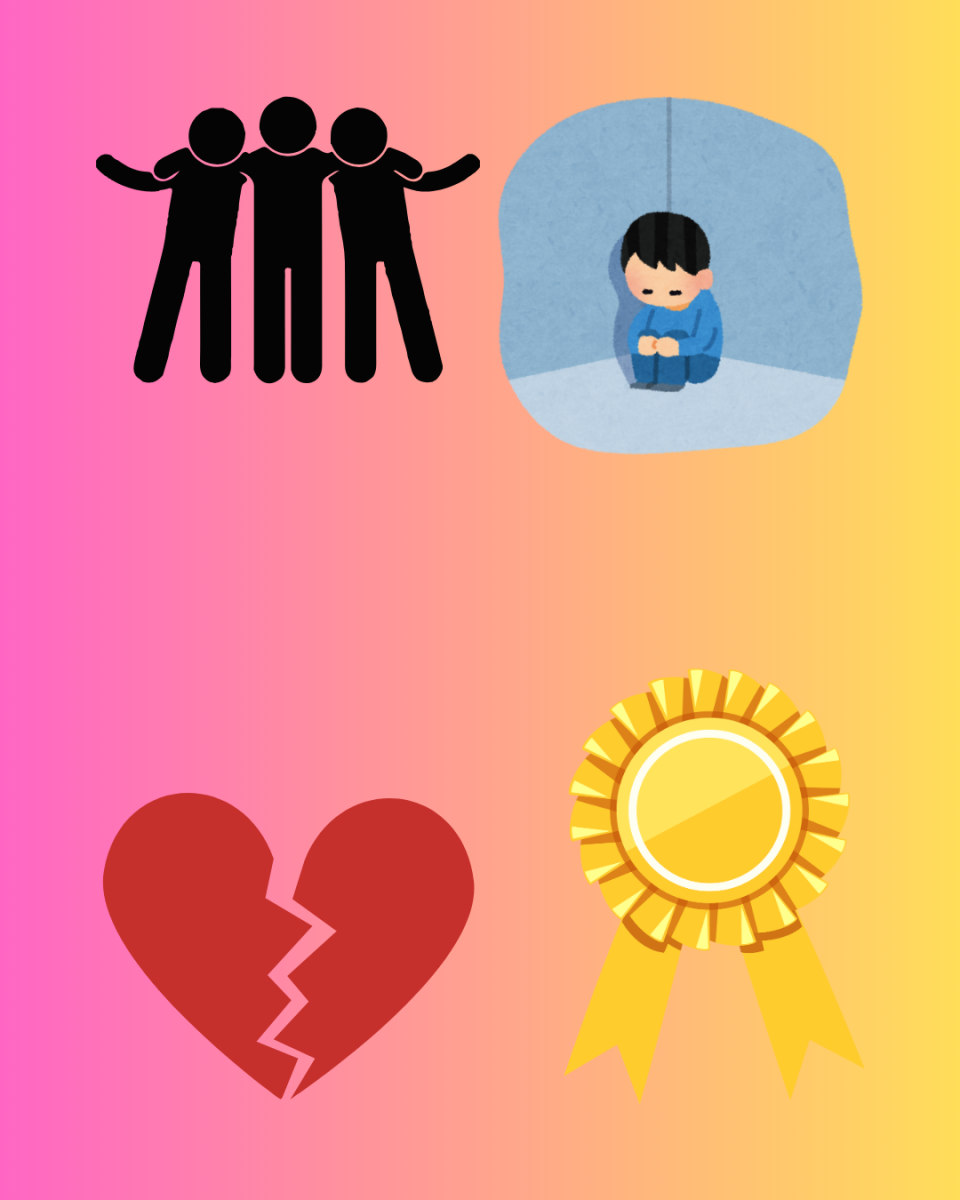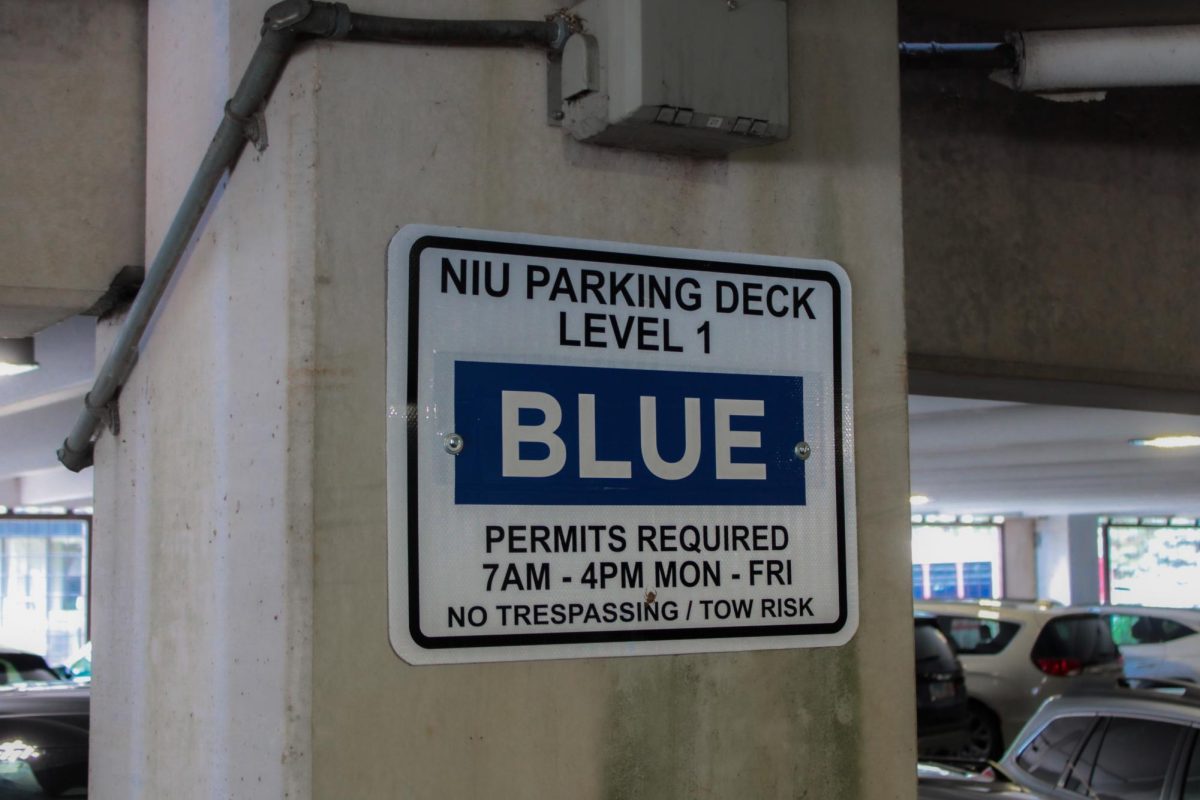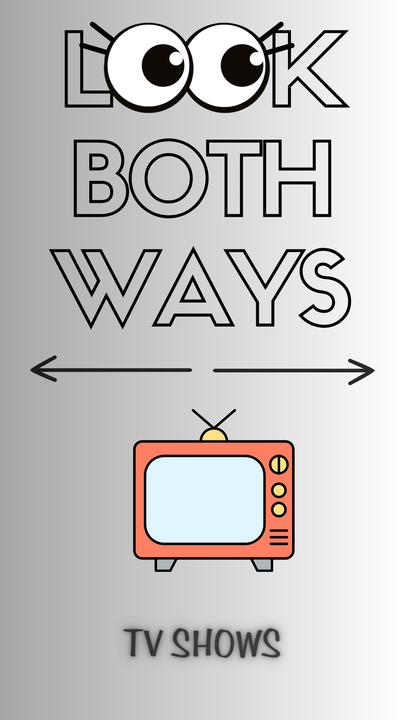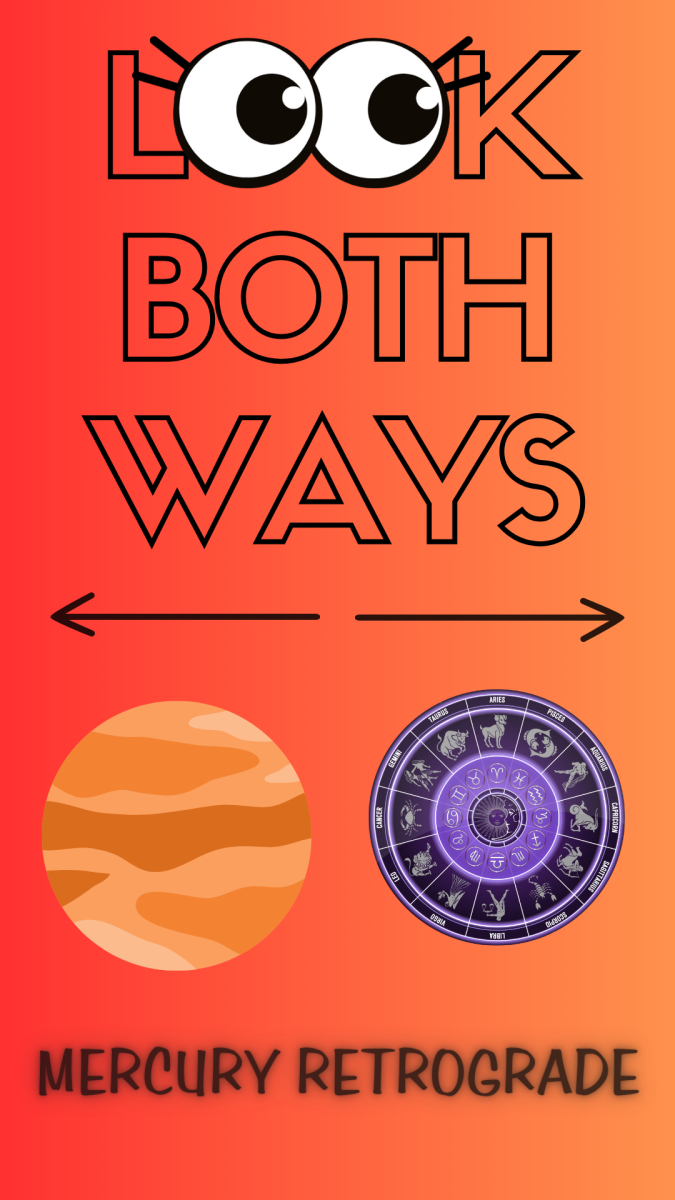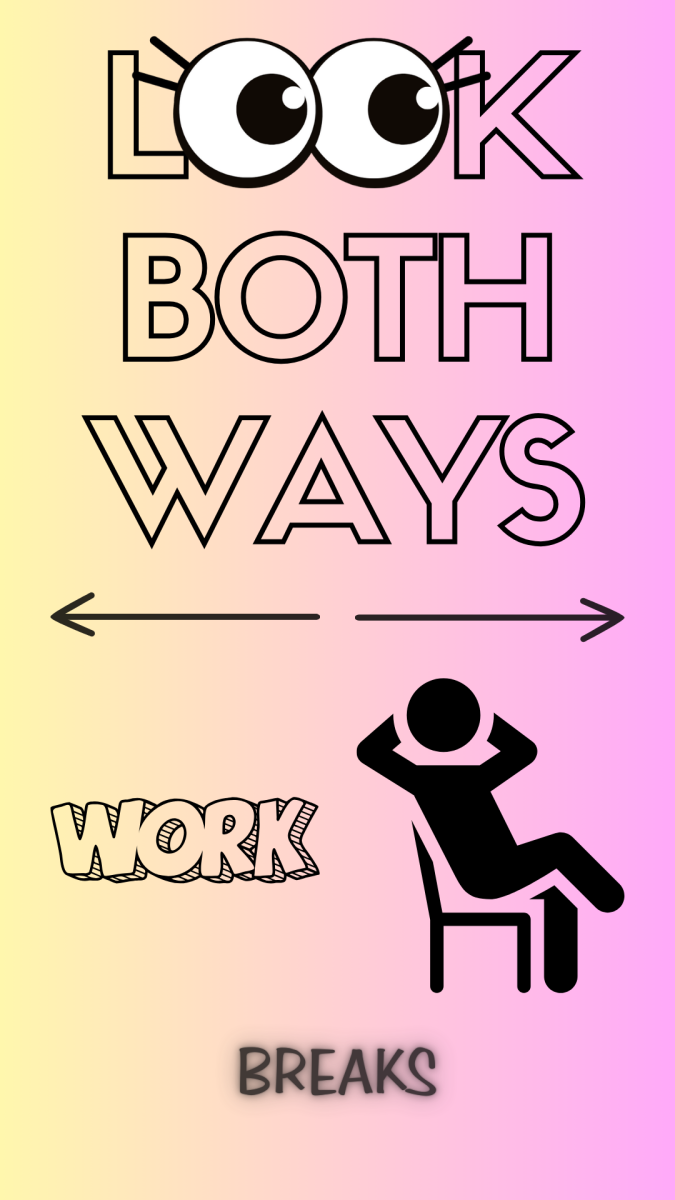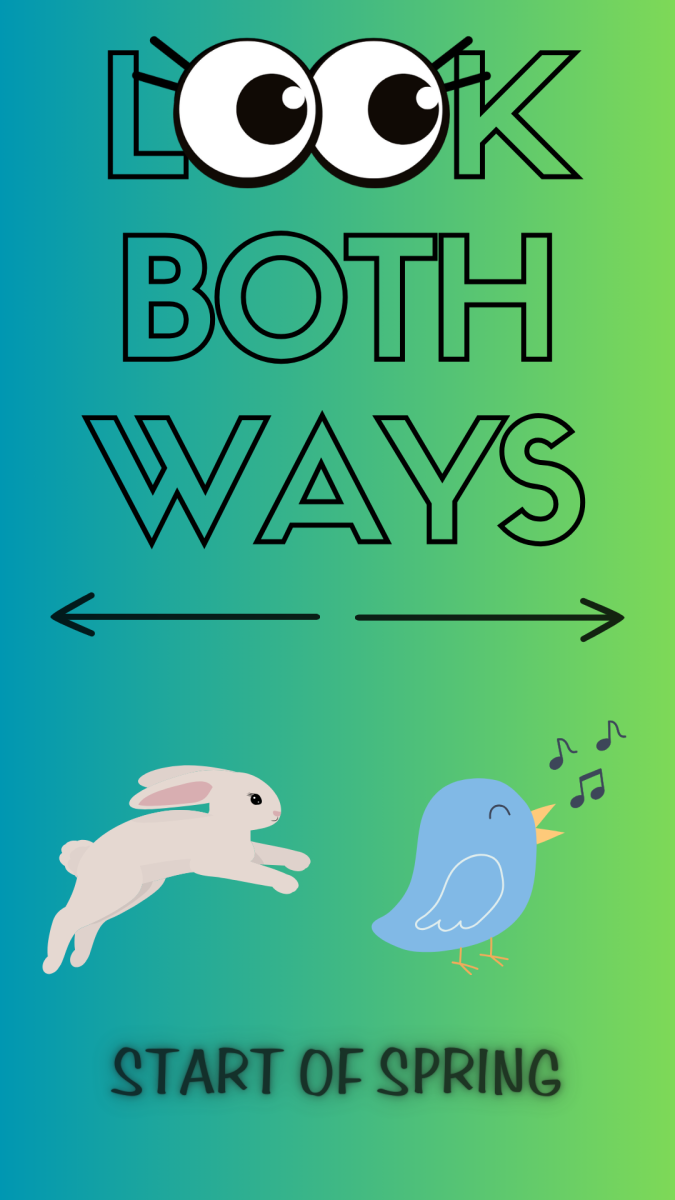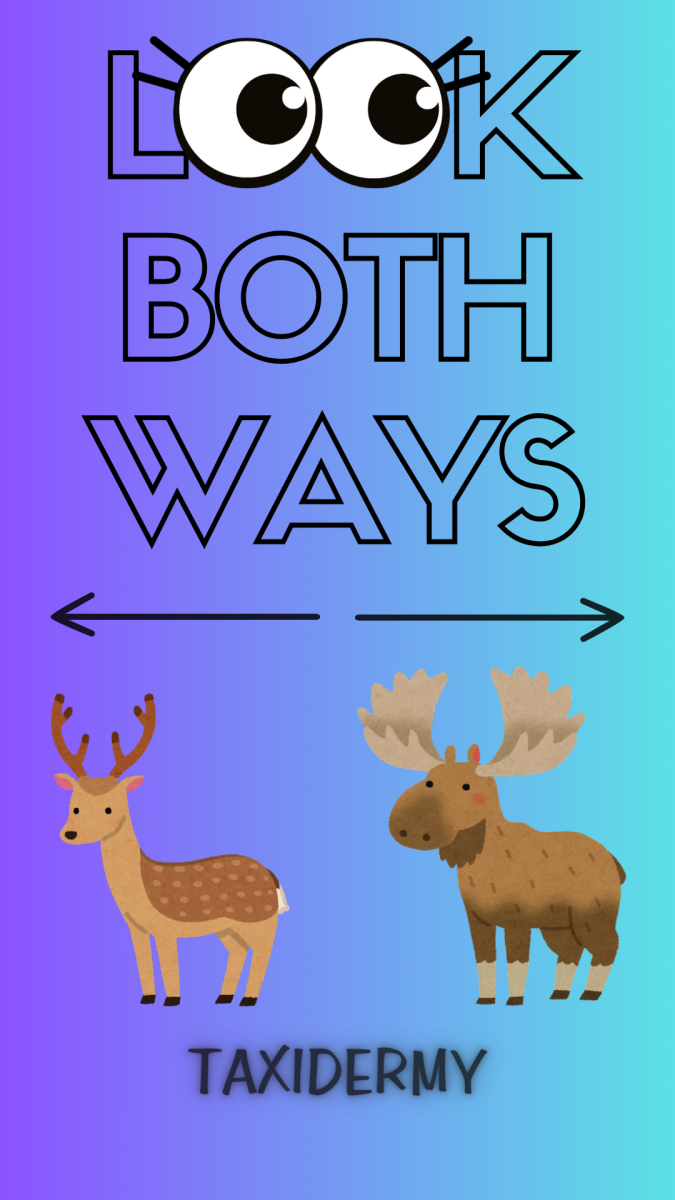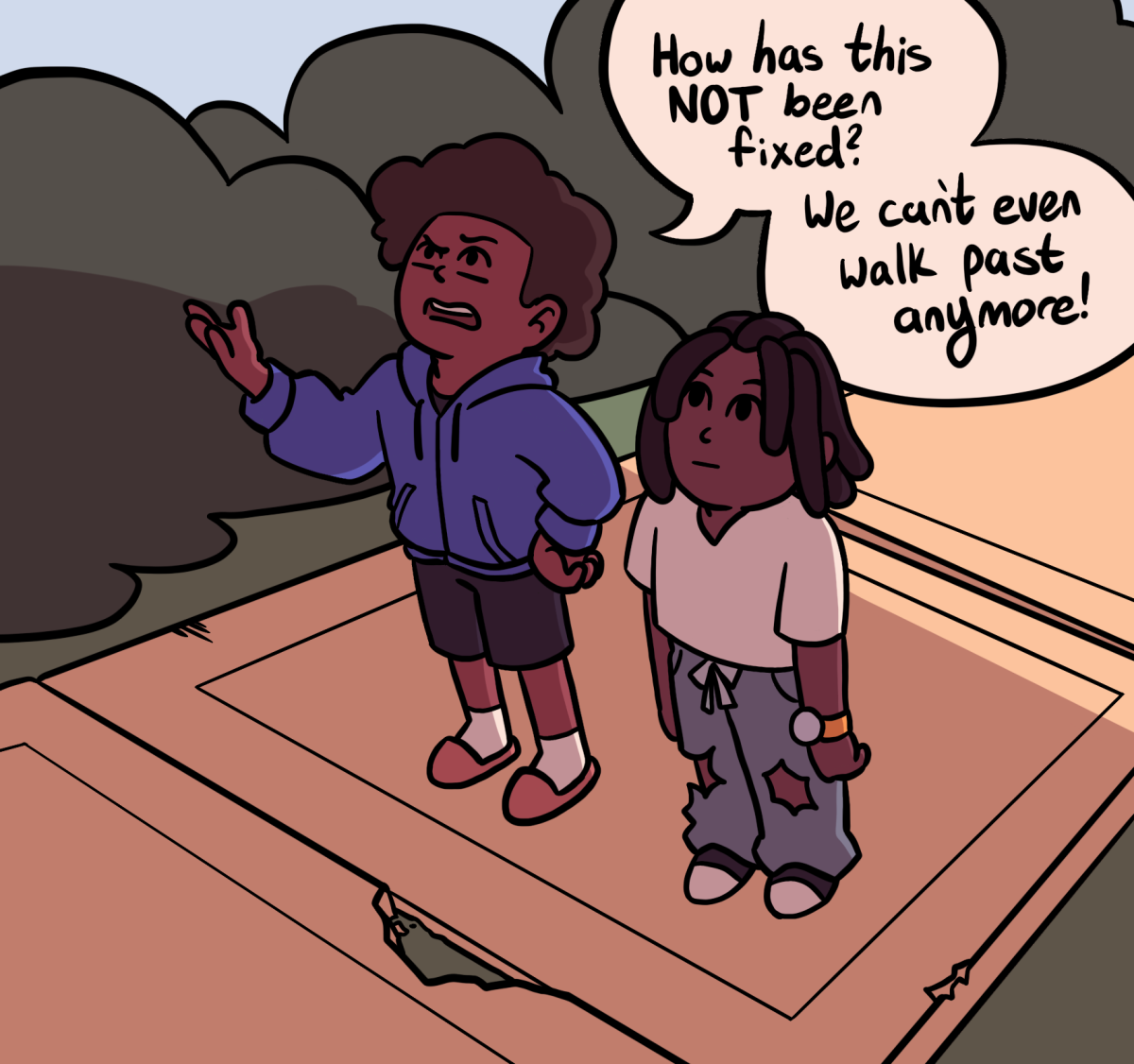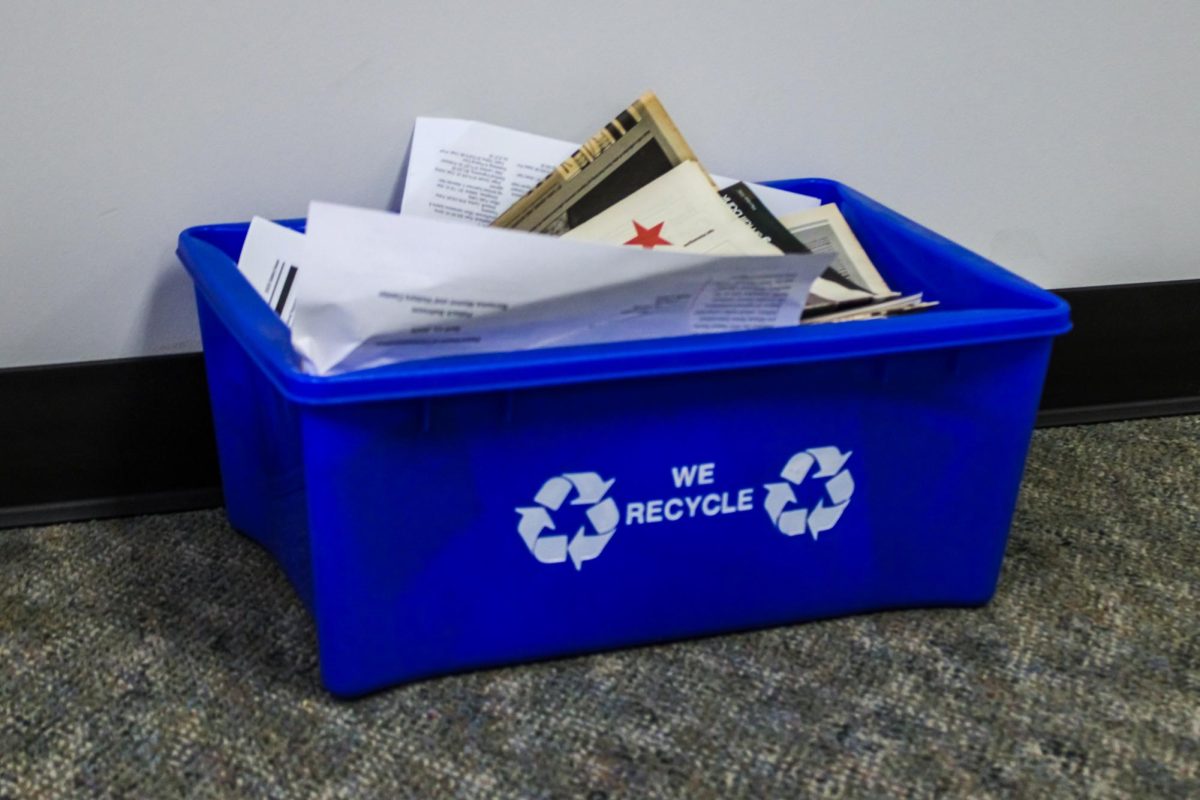GAP YEARS ARE BAD:
By: Kahlil Kambui, Opinion Editor
After you graduate from high school, you are now faced with the reality of having to make the decision of what you want to do for the rest of your life. There’s college, trade school, the military and a gap year.
Out of all those options, after high school, taking a gap year is the least valuable to your future. While gap years may work for some people straight out of high school, they are largely a hindrance to where you want to be.
A gap year is “an intentional period of time devoted to personal growth and exploration through experiential learning opportunities,” according to the Gap Year Association. This means you are delaying your academics to go through a period of self-exploration.
The overall pros of a gap year are outweighed by the cons you may face. In contrast, a period of “self-exploration” and a break from the pressures of school and studies may sound appealing. The difficulties such as readjusting to school if you decide to apply to college and poor planning about what to do during your gap year can leave you unorganized and overall more unproductive than if you went to school.
The feeling of being left behind is something you may face if you do decide to take a gap year, as your peers go off to college while you stay home.
Taking on a gap year, you may face risks such as delaying career progress and losing some academic momentum as well.
In today’s economy, a degree is highly valuable and not getting one could be a hindrance to your future. Why not start college straight out of high school and jump start your future? Having a degree is the best investment for your future you could make, according to Forbes.
By 2031, 72% of the jobs in the U.S. will require postsecondary education, according to the Georgetown University Center on Education and the Workforce. That makes getting a postsecondary form of education in the U.S. even more important and not something you can put off.
Don’t delay your academic career by taking a gap year. Instead, go to college or trade school straight out of high school, jump starting your academic and professional working career.
GAP YEARS ARE GOOD:
By: Emily Beebe, Assistant Opinion Editor
After students graduate from high school, they are expected to have the rest of their lives figured out, including whether they are going to go to college, trade school or entering the workforce. However, not every student may have their life figured out after high school.
Taking a gap year and not immediately going to college is OK and students should not be shamed for it. Taking a gap year doesn’t mean you’re a failure, and more people should consider taking a gap year.
Most people, whether it be a student’s family or friends, may pressure a recent high school graduate to go straight to college, graduate from college and then get a career in order to “stay on track.”
However, “staying on track” in college may be considered a subjective term. People may decide to take gap years or people finish their degrees in five years compared to the typical four years.
Some people who are against taking gap years may associate it with laziness, indecision or even falling behind in life and not sticking to traditional norms. However, just because someone takes a gap year does not mean they are lazy. They may have taken a gap year for various reasons, such as mental health reasons or for personal reasons.
Even though someone may have taken a gap year doesn’t mean they aren’t being productive in other ways. People may be working a job, giving back to their community or even taking care of family.
There may be the saying that students who take a gap year wind up never going back to college, therefore hurting their future. However, this is not true, because 90% of students who took a gap year returned to college within a year of taking their gap year, according to the Gap Year Association.
Taking a gap year has numerous benefits that students should consider, such as performing better in higher education and improved mental health.
For students either in college or attending college straight out of high school, mental health can play a role in academics. Around 30% of students reporting that anxiety negatively impacted their academics, according to the American College Health Association.
By taking a gap year, students with mental health challenges can use the gap year to receive treatment to improve their mental health. By taking a gap year, students can also avoid burnout from school, which is when students may have frustration, lack of motivation and/or exhaustion from or toward school.
In addition, students may perform better in school after taking a gap year. Almost all respondents from the 2020 Gap Year Alumni Survey reported that taking a gap year prepared them well for the workforce and/or higher education.
Everyone goes on to decide their own path in life, so it’s ultimately one’s choice as to whether they want to take a gap year. However, gap years are something that should be appreciated and not stigmatized.
People need to choose what is best for them and their mental and physical health. At the end of the day, by taking a gap year, you’re not falling behind. You are choosing what is best for you and finding your own path.





